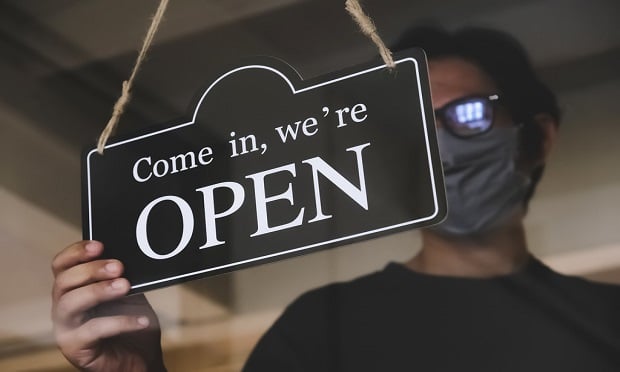 There are a lot of decisions you can make over the next few months that will not just keep you in business but put you in a stronger position than ever. (Photo: Win Nondakowit/Adobe Stock)
There are a lot of decisions you can make over the next few months that will not just keep you in business but put you in a stronger position than ever. (Photo: Win Nondakowit/Adobe Stock)
It might seem counterintuitive to talk about your insurance agency thriving during a pandemic and a worldwide economic downturn. But there are a lot of decisions you can make over the next few months that will not just keep you in business but put you in a stronger position than ever.
Recommended For You
Want to continue reading?
Become a Free PropertyCasualty360 Digital Reader
Your access to unlimited PropertyCasualty360 content isn’t changing.
Once you are an ALM digital member, you’ll receive:
- Breaking insurance news and analysis, on-site and via our newsletters and custom alerts
- Weekly Insurance Speak podcast featuring exclusive interviews with industry leaders
- Educational webcasts, white papers, and ebooks from industry thought leaders
- Critical converage of the employee benefits and financial advisory markets on our other ALM sites, BenefitsPRO and ThinkAdvisor
Already have an account? Sign In Now
© Touchpoint Markets, All Rights Reserved. Request academic re-use from www.copyright.com. All other uses, submit a request to [email protected]. For more inforrmation visit Asset & Logo Licensing.







